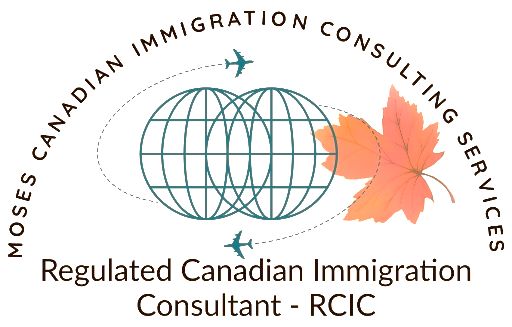Family Sponsorship
Family Sponsorship
The main intent of the Canadian Family Class immigration program is to reunite Canadian citizens and Permanent Residents with close members of their family. As stated in the Immigration and Refugee Protection Act 3(1)(d), one of the main pillars of the Canadian immigration system is focused on the reunification of families. However, the Family Class sponsorship program has specific requirements which the sponsor and the sponsored person must meet.
An agreement, commonly referred to as “undertaking”, allows family members to immigrate to Canada if their sponsor (a Canadian Citizen or Permanent Resident (PR)) guarantees that their family member will not be a burden on Canadian society for the duration of the undertaking. Canadian Citizens or PR’s must commit to providing basic needs, financial and other supports that are essential for the sponsored person in settling in Canada.
Minimum Requirements
The Sponsor must:
- Be a Canadian Citizen or Permanent Resident of Canada
- Be at least 18 years of age
- Be a Resident of Canada
- File an application to sponsor a member of the family
NOTE: Canadian Citizens living abroad may also sponsor their spouse, common-law partner, conjugal partner or dependent children if they can prove that they will reside in Canada once the sponsored person becomes a Permanent Resident.
Who can be sponsored through the Family Class:
- Spouse, common-law partner or conjugal partner
- Dependent children
- Parents and Grandparents
NOTE: Where the sponsor does not have any immediate or close family member (for example, a sister, niece, or uncle) in Canada, the regulation allows some exceptions so that you can sponsor such relatives as sister, brother, niece or uncle.
Sponsor Income Requirements
The sponsor is required to sign a Sponsorship Agreement, together with the sponsored family member(s). By signing this agreement, the sponsor commits himself/herself to provide financial support for the basic needs (food, clothing, shelter, and health needs not covered by public health services) of the person(s) being sponsored.
NOTE: If you are sponsoring any of the following, you will have to meet or exceed the Low Income Cut-off (LICO):
- A spouse or partner who has a dependent child and that dependent child has one or more children of their own
- A dependent child who has one or more dependent children of their own
- A parent or grandparent
Click here for more information and to view the LICO table.
Spousal or common-law partnership Sponsorship
There are two types of spousal or common-law sponsorship applications:
In Canada: Sponsorship application for a spouse or common-law partner who is already residing in Canada (such as on a Temporary Residence Permit) can be made from within Canada. Sponsoring from within Canada allows the sponsored person to continue to live in Canada while their application for Permanent Residence is in process. In addition, the sponsored person can apply for an open work permit allowing them to work for any employer during the process of their application.
Outside Canada: Applications for sponsoring a spouse or common-law partner who lives abroad are mainly processed in a Visa Office abroad either through an Embassy or Consulate. While the application is being processed, the sponsored person may visit their spouse in Canada before they become a Permanent Resident (for example, they may come to Canada on a Visitor Visa).
NOTE: If you were married outside Canada:
- The marriage must be valid both under the law of the country where it took place and under Canadian law
- A marriage performed in an Embassy or Consulate must comply with the law of the country where it took place, not the country of nationality of the Embassy or Consulate
- Types of marriages may vary; proxy, arranged, tribal, telephone, etc. – any of these should be valid under both the laws where such marriages took place and under Canadian law
Click here for more information on Family Class.
Contact us here for further assessment.







